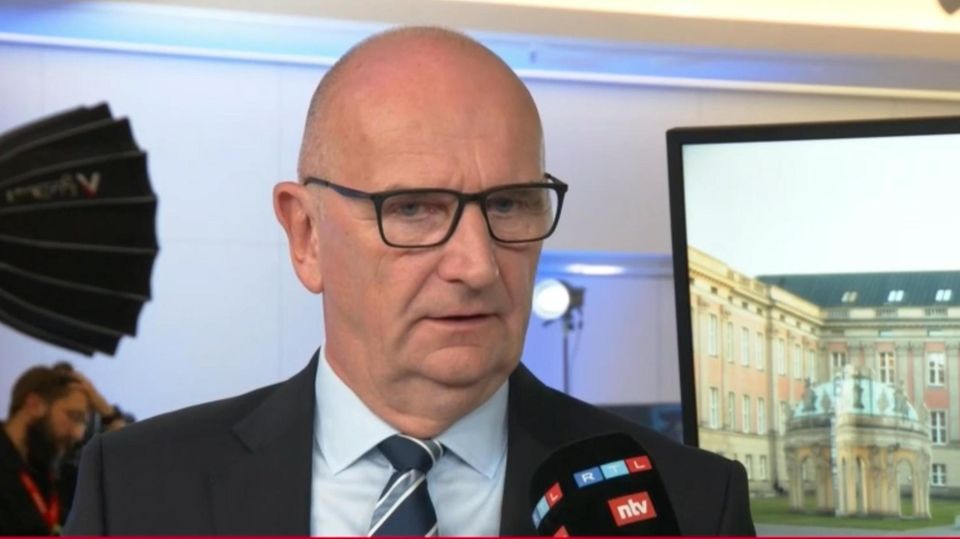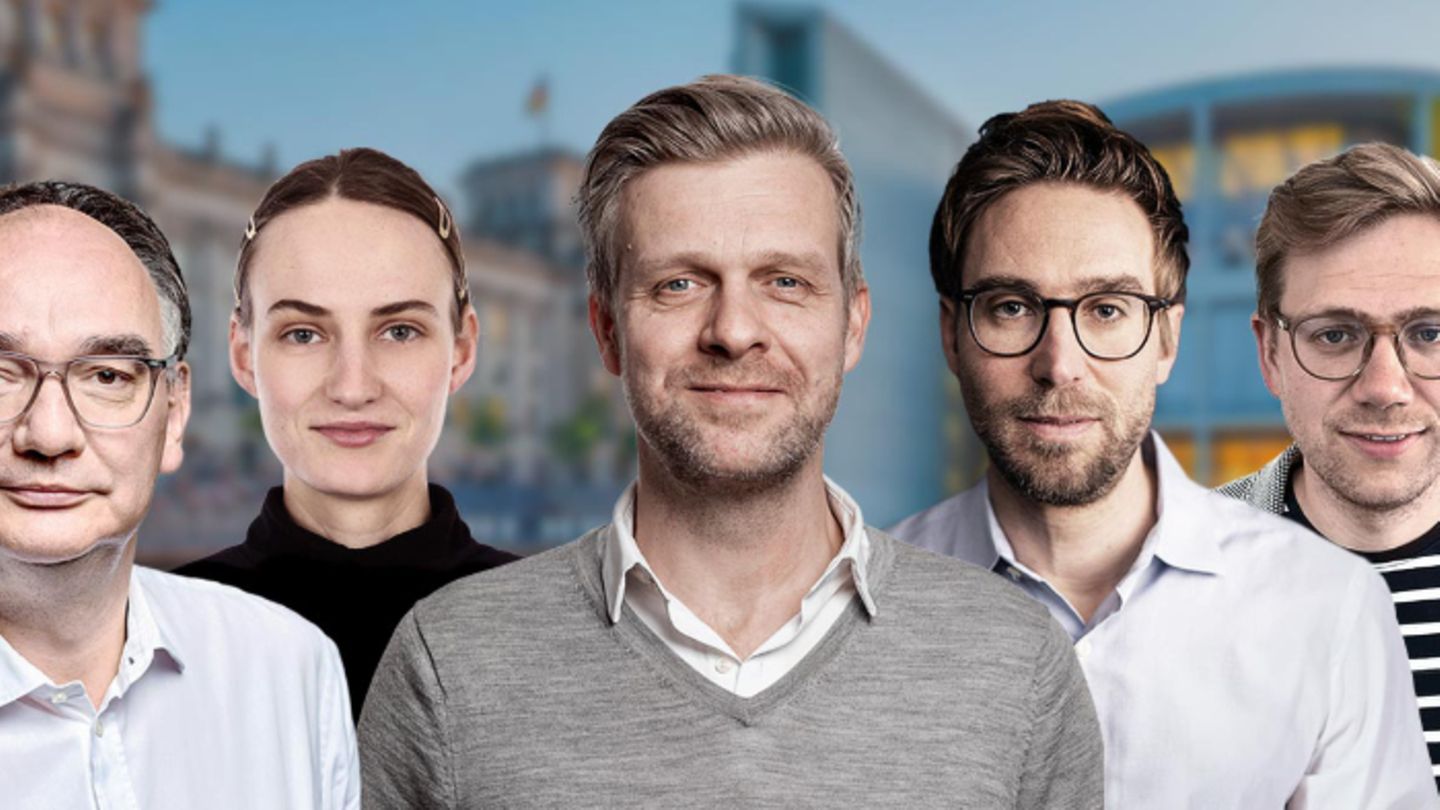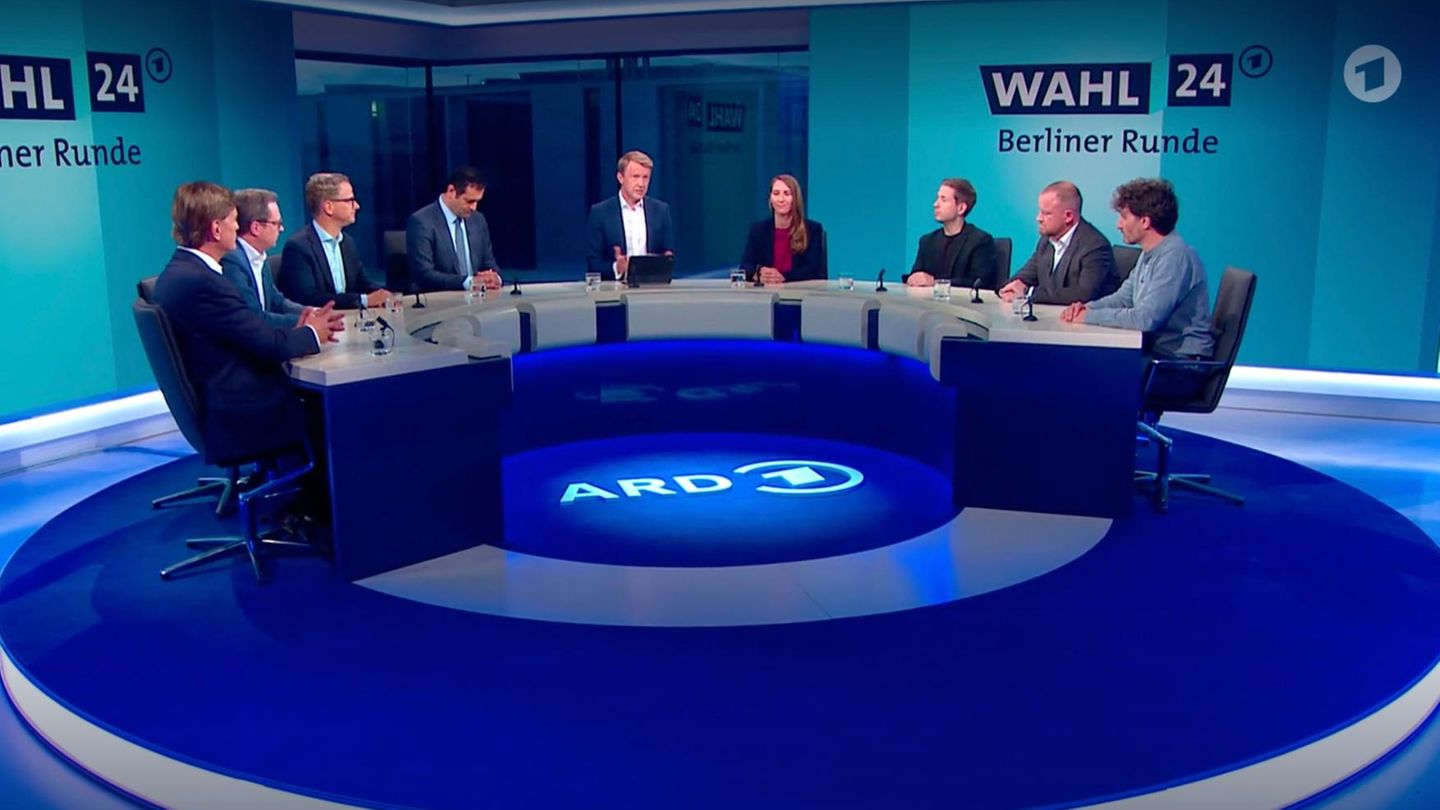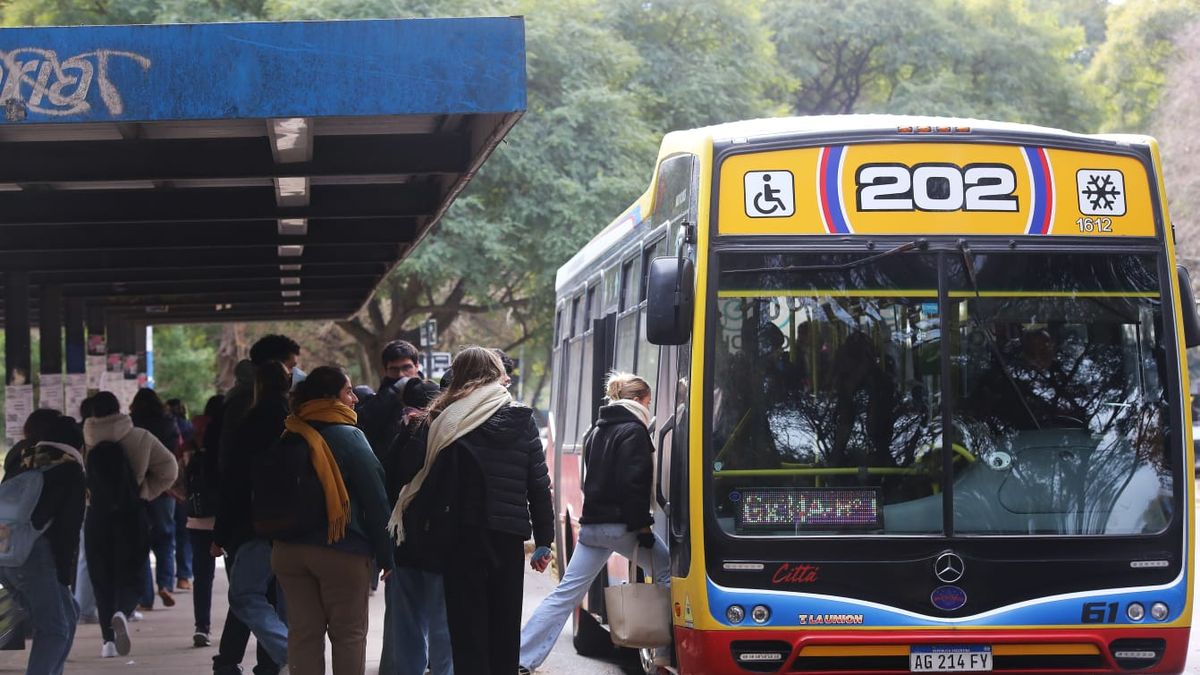The last election of the year was supposed to stabilize the traffic light coalition. The opposite is the case: In the “Berlin Round,” the FDP no longer even pretends to belong to it.
The FDP’s general secretary is extremely self-confident, considering that his party received less than 1 percent in a state election. Bijan Djir-Sarai calls for “an autumn of decisions”, argues against SPD “heart projects” (Kevin Kühnert) such as the collective bargaining law – and, while he’s at it, suggests stopping the EU’s upcoming CO2 fleet limits. The only thing we hear from him about the insignificance of his party in Brandenburg is: nothing.
We are in the “Berlin Round” on ARD, actually the place for the first assessment of an election and its consequences for federal politics. It is clear right here, even if no one says it yet: things are not going well for the traffic light coalition. And although the FDP has had little success for a long time with its strategy of acting as the opposition within the traffic light coalition, it is doing it anyway.
“Welcome to the chair paradise”
Doing this at this location is not ideal because, for the first time in the history of the “Berlin Round”, representatives of eight parties are sitting at the table – now including the BSW. And it’s getting crowded at the semi-circular table. “Welcome to the chair paradise,” ARD moderator Markus Preiß greeted the group cheerfully.

What can the Chancellor learn from you? – Dietmar Woidke on his election success
06:26 min
And when so many parties sit at the same table, even more will want to criticize the traffic light coalition. That leaves only SPD General Secretary Kevin Kühnert and Green Federal Secretary Emily Büning, who behave as if they had something to do with the current federal government.
What is the point of bad-mouthing the performance of the traffic lights?
Kühnert knows that it is pointless if the governing parties keep suggesting that we need to start tackling the problems now. And he says this with the FDP in mind, of course. He then adds that the SPD was only able to win the election because Prime Minister Dietmar Woidke “has a very good record” on the issues of social security and economic development. According to the Infratest-Dimap surveys, these were indeed the most important issues for voters.
Emily Büning also believes that “badmouthing us doesn’t help us and feeds into the Kremlin narrative.” And she bravely admits that Woidke’s “me or the AfD” election campaign also “had a major impact” on the Greens’ election result. Her party is out of the state parliament. But even Emily Büning’s bravery cannot persuade the FDP general secretary to at least pretend to be a convinced part of the traffic light coalition.
At the same time, Wolfgang Kubicki (FDP) is toughening his tone on “Welt-TV”. “I don’t think that with the current performance this coalition will make it to Christmas.” The cooperation with the Greens in the federal government in particular is “toxic” for the FDP. It is interesting that those who are going crazy themselves are often happy to declare others toxic.
A common denominator must be found in three weeks
And that’s not all: Although it is not necessary to “pull the plug immediately,” explains Kubicki, a common denominator must be found “in three weeks” “or it will no longer make sense for the Free Democrats to continue to participate in this coalition.” So there is another ultimatum straight after that.

The stern capital team
Are you interested in politics? – and read the most important information of the week, selected for you by our Berlin political experts!
This is the third election in a row in which the FDP has received less than five percent. In the Brandenburg election, it does not even have its own pillar in the projections. At the federal level, too, it would have to fear for re-election if elections were held now.
It may be that Kevin Kühnert’s statement that every traffic light party wants to push through “heart projects” and that they have always somehow managed to do so despite wrangling is no longer true.
Source: Stern
I have been working in the news industry for over 6 years, first as a reporter and now as an editor. I have covered politics extensively, and my work has appeared in major newspapers and online news outlets around the world. In addition to my writing, I also contribute regularly to 24 Hours World.




